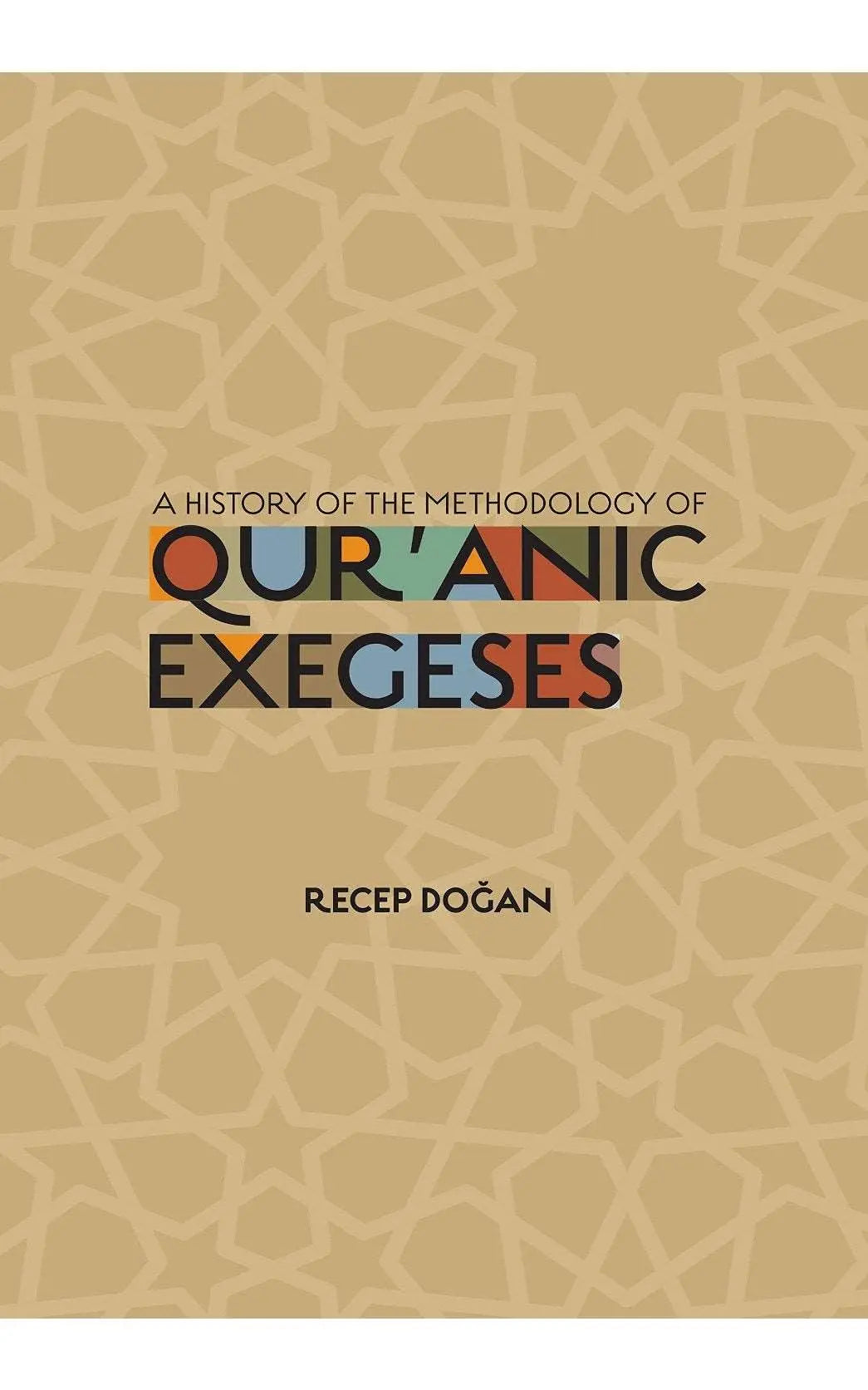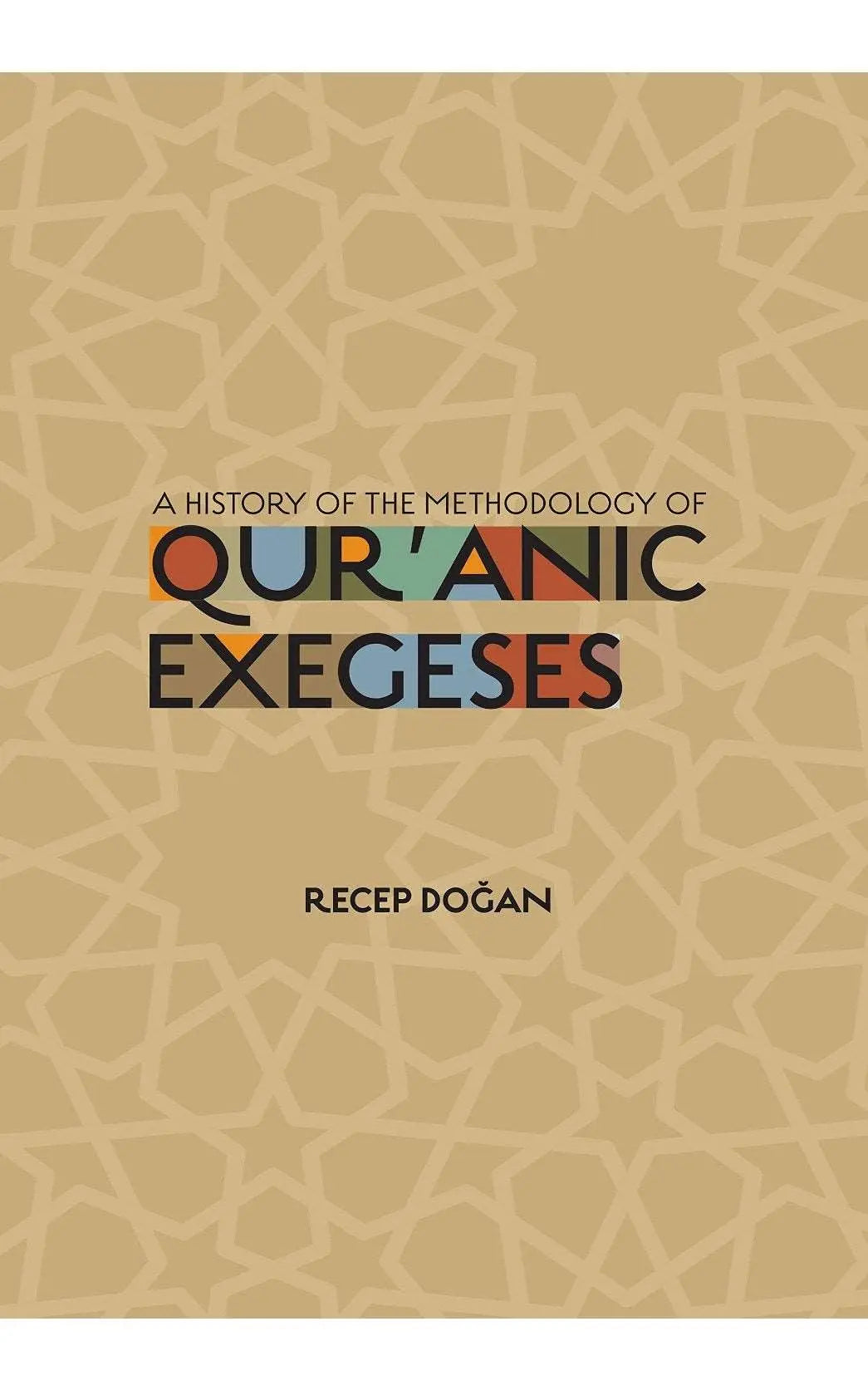About the Book:
The Qur'an, the primary source of knowledge for all Muslims, contains universal principles. This Holy Book has been interpreted numerous times by scholars since its revelation. Despite being a single text, just 300 pages long, the rich content of the Qur'an has afforded multiple types of exegesis, each of them different according to the capacity of the scholar, the conditions of the time, and the mentality behind the approach.
Great linguists tried to interpret the Qur'an by following the guidelines of Arabic grammar while Kalamscholars aimed to establish the sound pillars of Islamic theology with their Qur'anic exegeses. Since the revelation of the Qur'an, which took place over a period of twenty-three years, some scholars produced thematic Tafsir books to enable easy comprehension of the Divine messages by laymen.
In order to draw attention to the fact that Islam is not just set of rules or acts to perform, but a holistic religion that combines both the spirit and body, Sufi masters produced many Sufi Tafsir books. In the modern age, scholars have tried to interpret the Qur'an pragmatically and in harmony with modern sciences. In this book, Doğan aims to show the different approaches in Qur'anic exegesis and elaborate on each method with examples.
show more

